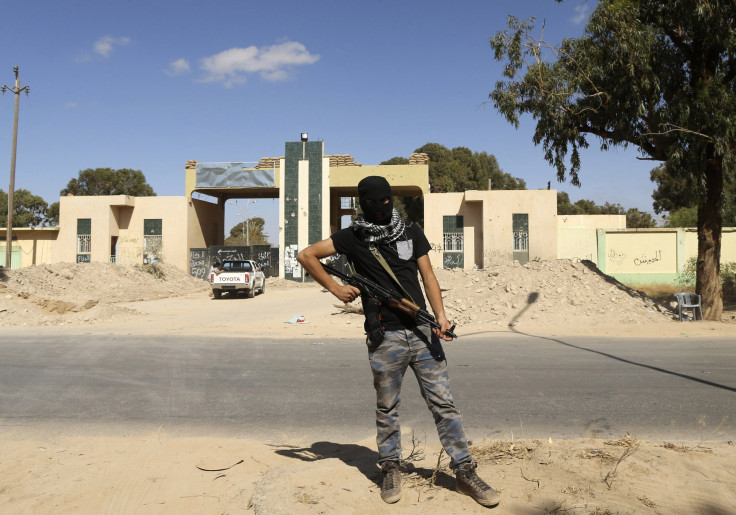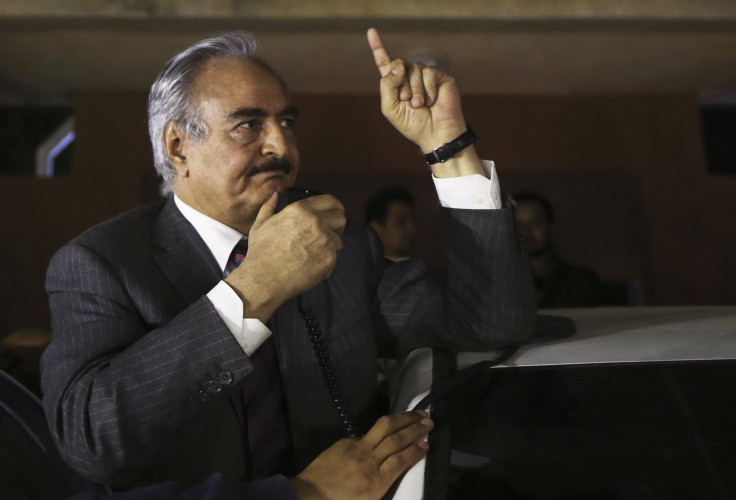Libya: Rogue Army Commander Launches Campaign Against Extremists in Benghazi

A general involved in the 2011 overthrow of Muammar Gaddafi launched an unauthorized operation in Benghazi today aimed at rooting out Islamist armed groups in Libya’s second-largest city. Twenty-four people have been killed and around 120 injured in the fighting, according to officials.
Retired Major General Khalifa Haftar sent ground troops, helicopters and about 120 military vehicles into the city to attack the bases of the Islamist group Rafallah al-Sahati and anther known as February 17. Official Libyan military command has completely disavowed the move as a “coup” and banned its forces from joining the assault.
"We have given orders to intercept any force trying to enter Benghazi because they don't have legitimacy from the state," acting Prime Minister Abdullah al-Thinni said. “Air force units that bombed targets in Benghazi today did so illegally, without any orders from us."
The rogue action isn’t out of character. Many militia forces exist in Libya that are supposed to operate under the military command but in practice operate largely independently.
In February, Haftar claimed he had the support of the Libyan military “in declaring a movement for the new road map” and appealed to the Libyan population to “carry out their duty and speak out,” to prompt the military to carry on with a mission presumably to remove the government from power.

According to CNN, Haftar promised to do something to curb the violence in eastern Libya, which has become a hotbed of militant activity. Benghazi is known as the “capital of the revolution,” but hasn’t been without violence since Gaddafi’s coup.
On September 11, 2012, armed militants attacked the U.S. embassy in Benghazi and killed four Americans, including ambassador J. Christopher Stephens and senior foreign service officer Sean Smith. Haftar identified Ansar al-Sharia as a group he wanted to drive out of the city of one million.
Now the Libyan government has threatened legal action against the former general. On state television from Tripoli, Prime Minister al-Thinni asked militias to act with restraint and cease violent activity.
“The government calls on the people in the capital of the revolution, Benghazi, to be calm and [to] support the … revolution and its police and army.”
Haftar spent 20 years in exile in the United States after leading an unsuccessful coup against Muammar Gaddafi. He was a close friend of Gaddafi until he was captured in the Libyan-Chadian War. Gaddafi disavowed Haftar and in anger, Haftar joined the Chadians and formed a group of ex-Libyan soldiers to fight Gaddafi’s regime. There are rumors he was funded by the CIA.
© Copyright IBTimes 2025. All rights reserved.






















